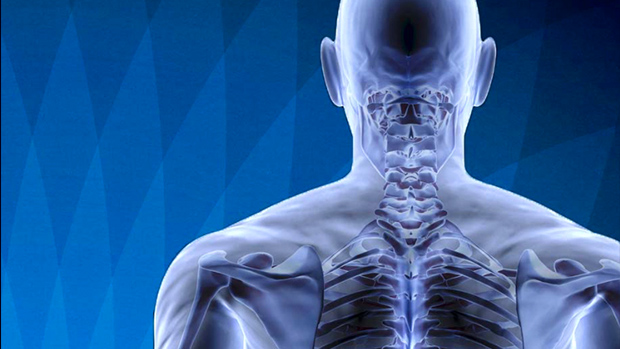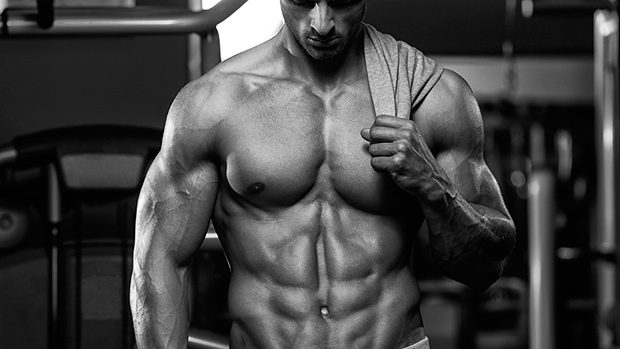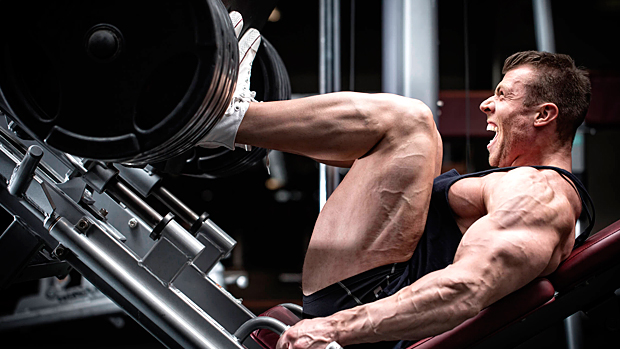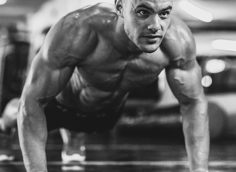Drop the Crutches
There's a big difference between training around bad posture and working to remediate it. I have a rule for my athletes: Every time that a compound exercise needs to be modified, add another movement or two that will improve the position, posture, or region that's creating the dysfunction.
Think of programming the modified movement as a crutch that helps you walk without pain. You might get around fine with crutches, but is the goal to use crutches for the rest of your life, or to use them as a stepping stone to get back to walking?
The same can be said for exercise modifications. If you have a crutch, also have a plan for eventually removing it. Here are two movements that will help to remediate poor posture and positions at the shoulders, spine, and ribcage. Work these into your dynamic warm-up any time you do exercises like overhead presses, upright rows, or bent-over rows.
Lat & Thoracic Cage Mobility On Foam Roller
The foam roller stays still while you move. This creates leverage points mobilizing the thoracic cage and lats.
When there's poor posture at the shoulder girdle, the lats are usually involved. They have direct attachment points to the thoracic cage and spine, and they also insert onto the humerus. Tight lats can cause thoracic spine rounding and an overly internally-rotated shoulder position.
Do this drill with smooth and coordinated movements in and out of end range to mobilize these major segments together to rid your body of poor posture and dysfunction.
Side-Lying Thoracic Spine Rotation With Arm Reach
Try this one after you've done the first drill. It's a staple for opening up the chronically tight pecs while also incorporating a strong and stable hip, pelvic, and lumber spine position to create a steady base.
Many times when an athlete lacks proper thoracic spine rotation, scapular dynamic stability, and shoulder range of motion, it's more so a coordination issue than mobility issue. This drill will challenge you to move well in order to progress, which is great for creating serious results that will transfer back into your training.
Start with a few rounds of 10-15 reps per side with slow and deliberate form.





